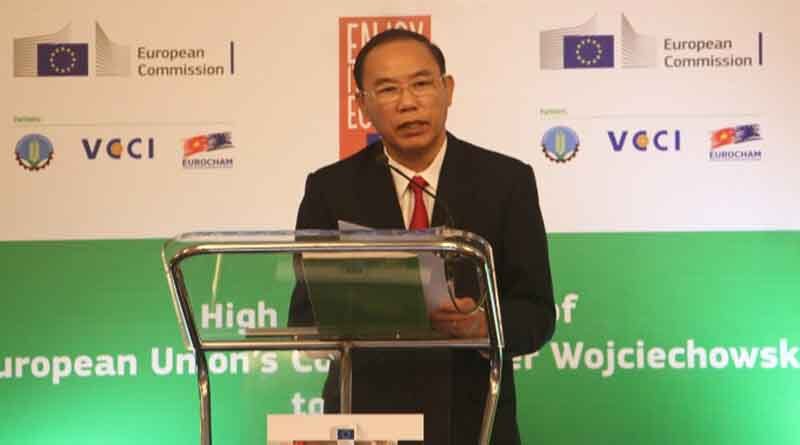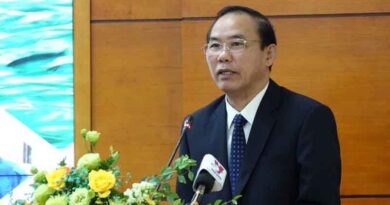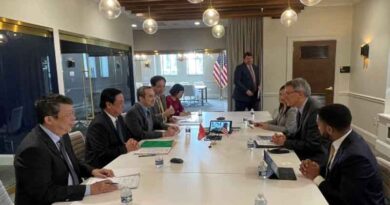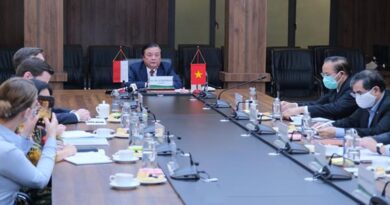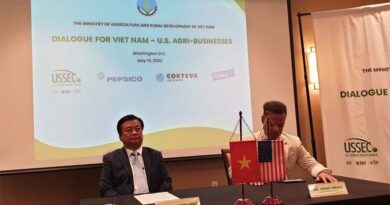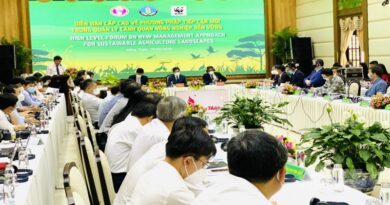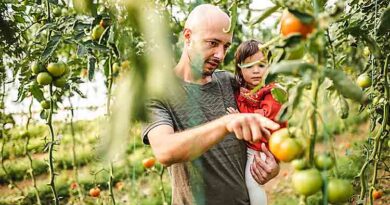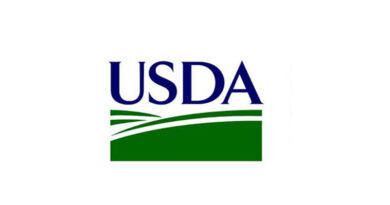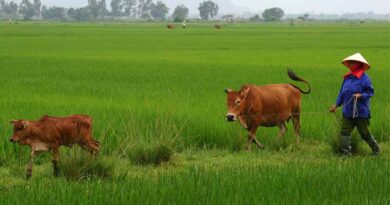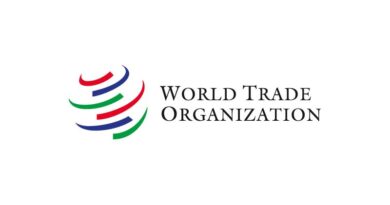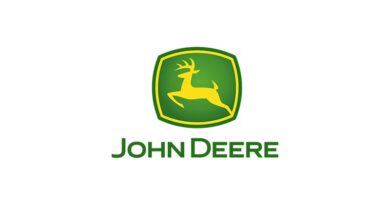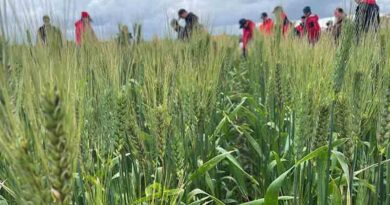Broad investment opportunities for EU enterprise into Vietnam’s agriculture
12 July 2022, Vietnam: The Vietnam – European Union (EU) agricultural business forum was held in Hanoi on July 11 to boost trade cooperation and agricultural investment between Vietnam and Europe.
Deputy Minister of Agriculture and Rural Development Phung Duc Tien spoke at the forum.
The event was held on the occasion of an official visit to Vietnam by the EU Commissioner for Agriculture Janusz Wojciechowski.
It seeks to offer a foundation for the sharing of business expertise and the promotion of agricultural goods, sustainable production criteria, and potential partnerships between EU and Vietnamese businesses in Southeast Asia.
Creating favorable conditions for successful and long-term investments of EU businesses in Vietnam
MARD Minister Phung Duc Tien praised the comprehensive, well-developed, and the in-depth relationship between Vietnam and the EU after 30 years of establishment.
The EVFTA agreement has created several opportunities for collaboration and economic expansion between the two parties. The bilateral agro-forestry-fisheries (AFF) trade expanded from USD 4.3 billion in 2015 to USD 5.2 billion in 2021. This amount reached USD 2.26 billion in the first five months of 2022, an increase of 26 percent year-over-year.
In the context of supply chain disruptions, Deputy Minister Phung Duc Tien said that Vietnam actively participates in the global food chain, with rice production capacity reaching 43.86 million tons in 2021 and exports reaching 6.7 million tons.
“We believe the EU to be the most important as well as a great, traditional, and potential partner for Vietnamese agricultural products, particularly when the EVFTA comes into effect, hence offering a great opportunity to promote AFF trade. Deputy Minister Phung Duc Tien said that MARD is prepared to collaborate with the EU to streamline trade, guarantee technical standards for international technology, and prevent new trade barriers to enhance AFF commercial activity, so improving the benefits for producers, enterprises, and consumers.
Vietnam also anticipates attracting more FDI projects with a focus on developing ecological agriculture, organic agriculture, especially core technology, training high-quality human resources, etc., large specialized farming areas, AFF processing, increasing the added value of agricultural products, and infrastructure development, trade, and logistics, etc.
Additionally, the head of the Ministry of Agriculture and Rural Development said that it would assist and promote enterprises on both sides and provide favorable conditions for EU investors to make profitable, long-term, and sustainable investments in Vietnam.
Investment prospects presented by the EVFTA Trade Agreement
At the forum, experts shared about the market situation and commercial opportunities for agricultural products in Vietnam.
According to Mr. Ngo Chung Khanh, deputy head of the Multilateral Trade Policy Department of the Ministry of Industry and Trade (MoIT), since the EVFTA Agreement went into effect on August 1, 2020, it has brought many benefits to Vietnamese and EU businesses in several fields, particularly food trade. Currently, this agreement has facilitated agricultural commerce between the two sides.
When the tariff is eliminated, more chances and potentials become exposed.
In addition, EVFTA is the first and only agreed to provide protection for geographical indications. Within the scope of this free trade agreement, 39 geographical indications are protected, resulting in greater benefits for farmers, producers, and enterprises. Famous Vietnamese items protected by GIs include Phu Quoc fish sauce, Moc Chau tea, and Doan Hung pomelo among others. In the near future, the expansion of GI protection may be accomplished via negotiations.
In the other direction, the tax line for meat products (chicken, beef, pork); buttermilk, cheese (20-40 percent); rubber; etc. from the EU to Vietnam is greatly decreased and eliminated after 5 to 7 years of the agreement’s implementation.
“Vietnam has made a considerable commitment to tariffs for the livestock industry, despite the sensitivity of this sector in the context of free trade agreement negotiations. We have consulted with associations and professionals to come up with a reasonable solution.”, said Mr. Khanh.
The tax rate for meat and rubber products has a big difference before and after the agreement is implemented. Thus, EU enterprises that export to Vietnam may take advantage of several advantages and incentives.
To increase market share in Vietnam, EU nations will face intense competition from other countries participating in the CPTPP Agreement and in the region, in addition to the enormous export potential.
Mr. Jean-Jacques Bouflet, vice chairman of EuroCham Vietnam, said that the EVFTA has ushered in a new era for EU-Vietnam trade. In the previous decade, there have been several tariff policies, but with the EVFTA, we may see a significant reduction in tariffs, even to zero percent, over the next few years.
At the event, representatives of Europe and Vietnam discussed information on the market, legal framework, requirements on phytosanitary measures (SPS) for goods, logistics, etc., so that agricultural and food products from Europe may more easily access the Vietnamese market.
Also Read: Summer crops growing well with scientific field management

